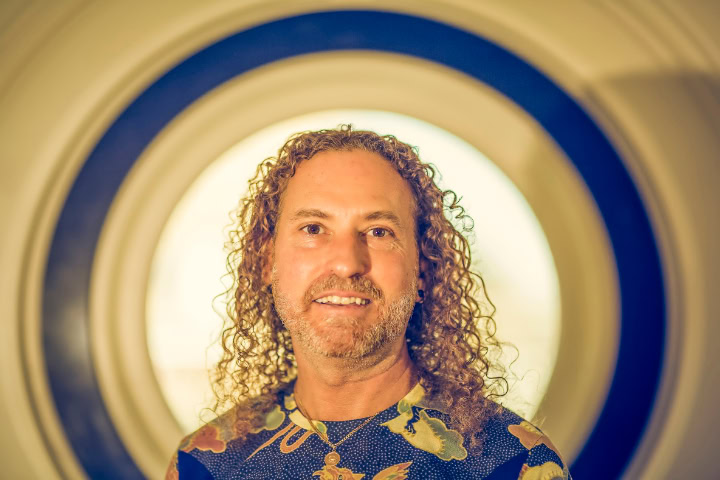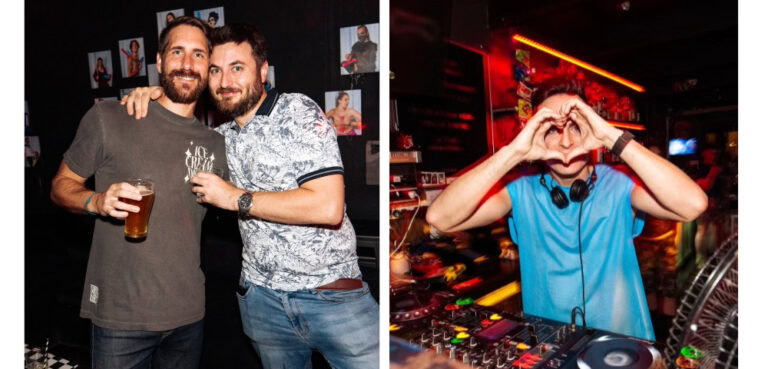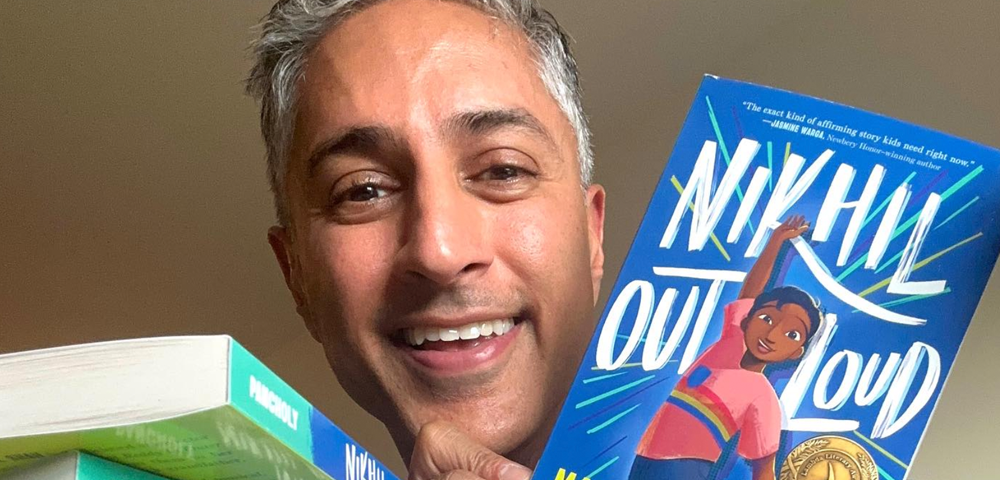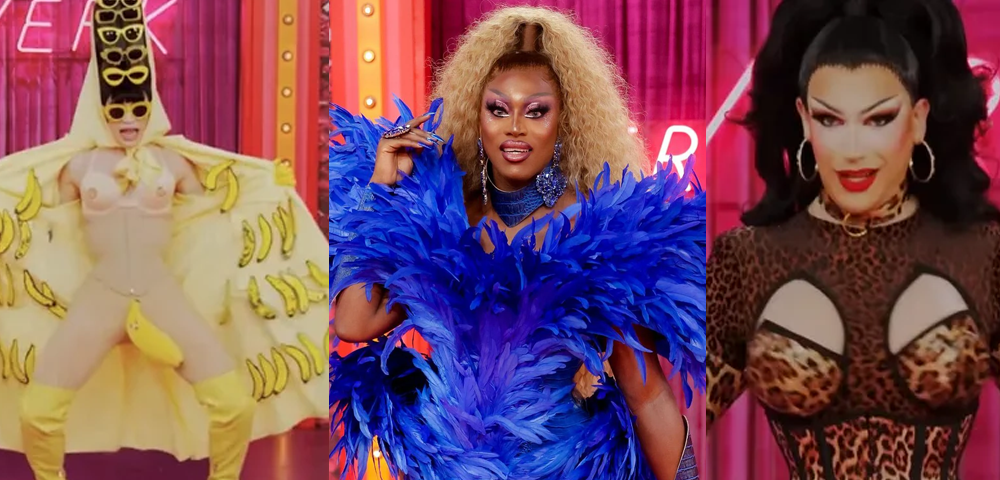
The HIV Book Project – Interview with Tobin Saunders

It was Mardi Gras night 1990 or could’ve been 1991. I was so sick. I planned to be in the parade with friends as Stepford wives, drugged to the eyeballs on barbiturates, just bashing into the crowd with shopping trolleys all the way up the route.
But I was so sick. I couldn’t get out of bed. This flu seemed so intense. I also had golf ball-sized lymph glands and night sweats. I had quite a few friends that were succumbing to the dreaded bum flu and I’m imagining that maybe this is the seroconversion. I was frightened. The whole thought of having to go to a doctor freaked me out.
Phil: But you did go?
Tobin: Yes. A dear friend, a woman, said she knew a doctor who was a gentle sweetheart and that I should go and get tested. So, I went.
If young people don’t have good self-esteem or access to good sexual health information and support structures, which I didn’t, then they have poor sexual health outcomes. A classic example is what happened to me. I’d go to places and wasn’t sure how to negotiate sex. I didn’t know how to say no. There were a couple of times that I wasn’t in control or able to negotiate the sort of sex that would’ve kept me safe and healthy.
It’s that weird thing about slut-shaming. That sluts are more likely to contract HIV or an STI. Well that’s not true, it’s what sort of sex you have.
I hardly had that much sex compared to my slut friends, although I wanted to. In the back of my mind, it was like this isn’t really going to be me cos I’d only had a few situations.
Phil: What was your reaction to being told?
Tobin: Absolute catatonia! I went by myself. He didn’t want to tell me. I don’t think he felt prepared. And he could tell that I was really anxious.
When he told me, it was like being shot with a ray gun. That’s what it felt like. And I felt like I was wearing it. It was visible when I left the surgery, and everybody knew. The messages we were getting is that this is deadly, you’re going to die. You’re going to be judged in a shameful way.
Phil: Basically, you were in shock. Did you tell anyone?
Tobin: The first person I wanted to tell was my mother. I don’t know why I felt like I needed to talk to her. I was crying so much that I created a puddle on the floor. I’m on the phone talking to her staring at my reflection in my own tears.
She said: “That’s all right. I love you. I care you’re all right.” That was extremely important to hear because when you’re vulnerable you don’t want to be judged or disowned. It was a huge burden off my shoulders. Then I went and drank martinis up and down Oxford Street telling everyone far and wide.
Phil: So many people don’t tell anyone.
Tobin: For me it was self-preservation. I don’t want to hold onto this secret. I’d rather just wear this huge badge. I’m HIV positive. I’m okay!
Phil: I’m envious of your emotional strength. Many people, myself included, suffered intense depression, suicide ideation, and more.
Tobin: It’s not been a bed of roses. I have lived with acute anxiety driven by being stigmatised as homosexual and then as someone with HIV. I probably had it when I was very young and got bullied by the big yobby boys at school who saw me as a target.
But I also have this kind of “Fuck you! You’re not going to win” attitude. I’m a bit of a fighter.









